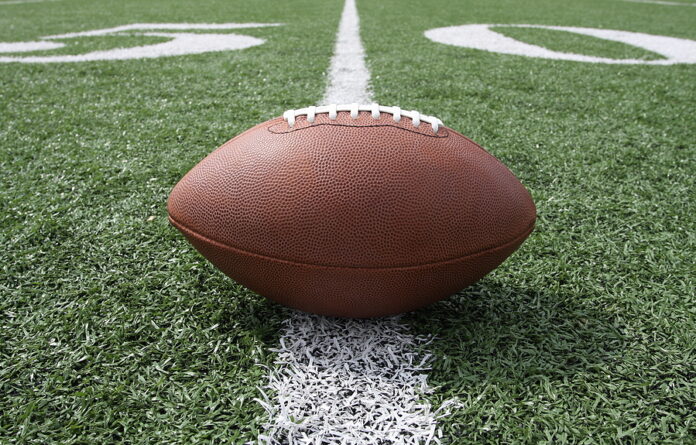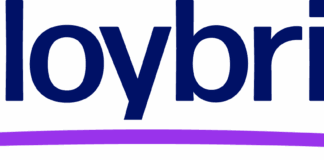
By Vin McCaffrey, Game Plan CEO
Despite the struggles in our current economic environment, and recent layoffs in the tech sector, the labor market continues to remain highly competitive. It is especially competitive among recent college graduates.
A recent report by the National Association of Colleges and Employers (NACE) reveals employers expect new college graduate hiring to increase by nearly 15% for the class of 2023. This comes after a 26.6% increase in 2022. The significance of this growth cannot be overstated. However, there are clear challenges for employers seeking to hire recent graduates.
Only 13% of U.S. adults say college grads are prepared for the workplace, and the workforce readiness gap carries significant risk for the employer. Employers have long balanced the risk of investment and time required to hire and train young talent versus the tradeoff of immediate return on performance when hiring experienced talent.
Additionally, two-thirds of college graduates stay at their first career jobs for one year or less, costing employers more than $6,000 to replace them.
As demand for college graduates continues to increase, how does an employer mitigate the risk? Simple. Hire a task-oriented individual who puts culture first, possesses strong leadership traits, can perform under pressure, and excels when given a goal. While many college students possess these traits, college athletes in particular display them time and time again. They are reliable, dedicated, motivated, and self-assured.
College athletes excel in the workplace
A college athlete’s transferable skills and diversity are two reasons they are desirable employees. As a result, they have strong track records of success in life after sport. This is especially evident for women and those in decision-making positions.
Ernst and Young found 94% of women who hold C-suite level positions are former athletes. Even more impressive is 52% played at the collegiate level. This demonstrates a direct connection between collegiate athletic experience and success in the business world.
Collegiate athletes who have gone on to become CEOs include:
- Kenneth Chenault, American Express – Bowdoin College, Basketball
- Lynn Elsenhans, Sunoco – Rice, Basketball
- Cathy Engelbert, Deloitte – Lehigh, Basketball & Lacrosse
- Jeffrey Immelt, GE – Dartmouth, Football
- Phil Knight, Nike – Oregon, Track and Field
- Brian Moynihan, Bank of America – Brown, Rugby
- Kevin Plank, Under Armour – Maryland, Football
- Walter Robb, Whole Foods – Stanford, Soccer
- Irene Rosenfeld, Mondelez International – Cornell, Basketball
- Meg Whitman, HP – Princeton University, Lacrosse & Squash
We even see former college athletes go on to the presidency. Six out of the last 13 U.S. Presidents were college athletes including:
- Dwight Eisenhower – Army, Football
- John Kennedy – Harvard, Football
- Richard Nixon – Whittier College, Football
- Gerald Ford – Michigan, Football
- Ronald Reagan – Eureka College, Football
- George H.W. Bush – Yale, Baseball
The importance of workforce development programs for athletes
While it’s clear college athletes can go on to achieve considerable success later on in life, they desire additional career readiness support. Proprietary research from Game Plan shows athletes choose career preparation as a top educational program request.
Career preparation and upskilling programs include educational content that outlines the traits and skills prospective employees need to be successful in a specific industry. This type of educational content is often most effective when it is provided by employers themselves.
Through education and upskilling programs, brands can engage student-athletes while providing them with useful skills they can take into a given industry. This method is a win-win for both parties. Athletes receive the career preparation they desire, and employers build meaningful relationships with potential future employees.
By engaging with athletes through an upskilling program, brands can reach athletes earlier and form a stronger bond with them before they leave school. Once athletes are involved with an upskilling program, employers can track metrics such as athlete demographics and course completions. This data can be used to inform future content and assess program success.
Start building a student-athlete talent pipeline
NCAA data shows only about 2% of student-athletes will go on to play their sport at a professional level. Upon graduation, the majority of student-athletes are transitioning out of sports and looking for a career that interests them.
By providing educational and upskilling programs, employers can connect with student-athletes eager to enter the working world. Entry-level talent can be difficult to find, and even more challenging to retain. But when you hire a former student-athlete, you’re hiring unique and diverse individuals who are coachable, resilient, and goal-oriented. By nurturing and upskilling talent while they’re still in school, companies will gain a competitive advantage among this highly desirable employee pipeline.
 Vin McCaffrey is the founder and CEO of Game Plan, one of the fastest growing software companies in athletics with a focus of guiding 100% of athletes through 100% of their journeys. Today, Game Plan supports 875+ athletics organizations including over 300 colleges, the NFL, NBA, NHL, MLS and more.
Vin McCaffrey is the founder and CEO of Game Plan, one of the fastest growing software companies in athletics with a focus of guiding 100% of athletes through 100% of their journeys. Today, Game Plan supports 875+ athletics organizations including over 300 colleges, the NFL, NBA, NHL, MLS and more.





